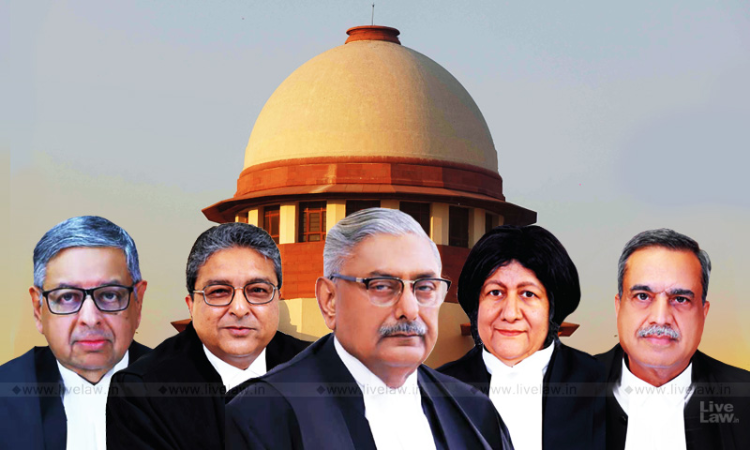Applicability Of SARFAESI Act To Co-operative Societies/Banks: SC Constitution Bench Begins Hearing
MEHAL JAIN
3 March 2020 10:13 PM IST

Next Story
3 March 2020 10:13 PM IST
A Five Judge Constitution Bench headed by Justice Arun Mishra has commenced hearing on the question of applicability of The Securitisation and Reconstruction of Financial Assets and Enforcement of Securities Interest Act, 2002 on Co-operative Societies/Banks.A three judge bench, referred this matter to constitution bench noticing the conflicting decisions in Greater Bombay Coop. Bank Ltd....
